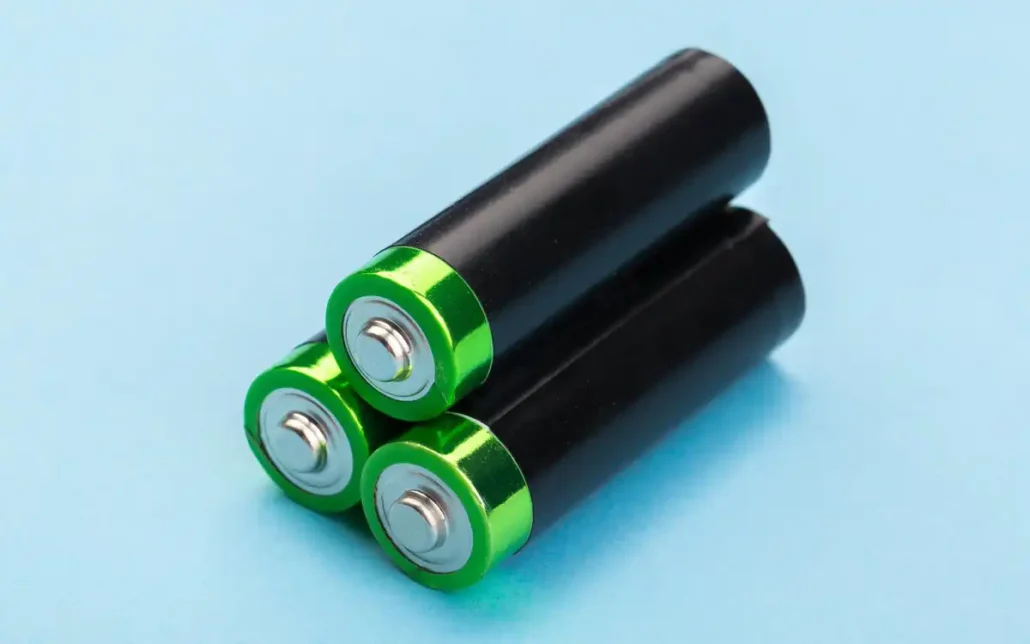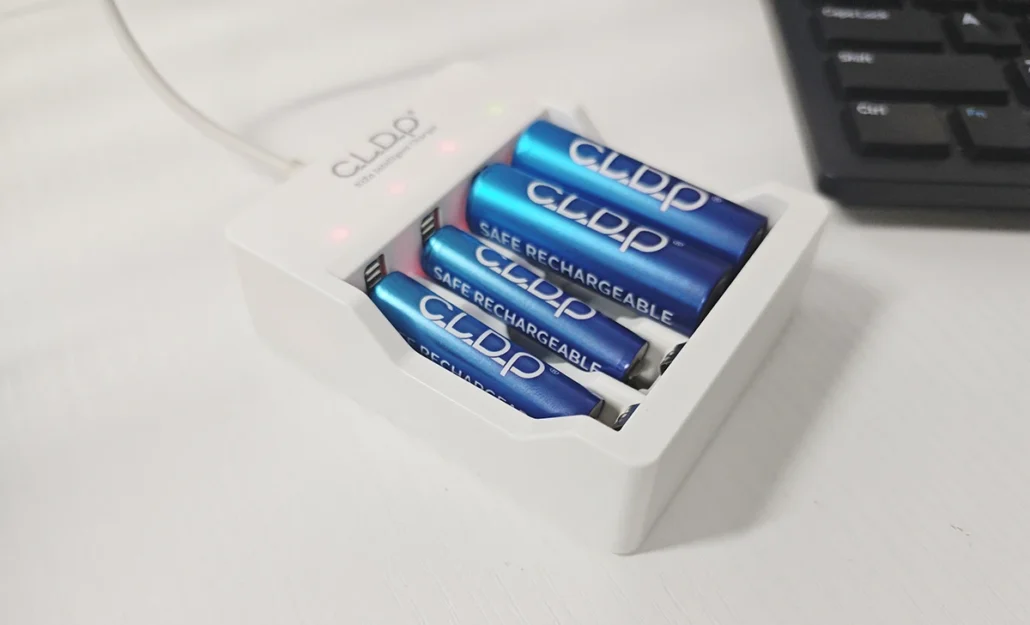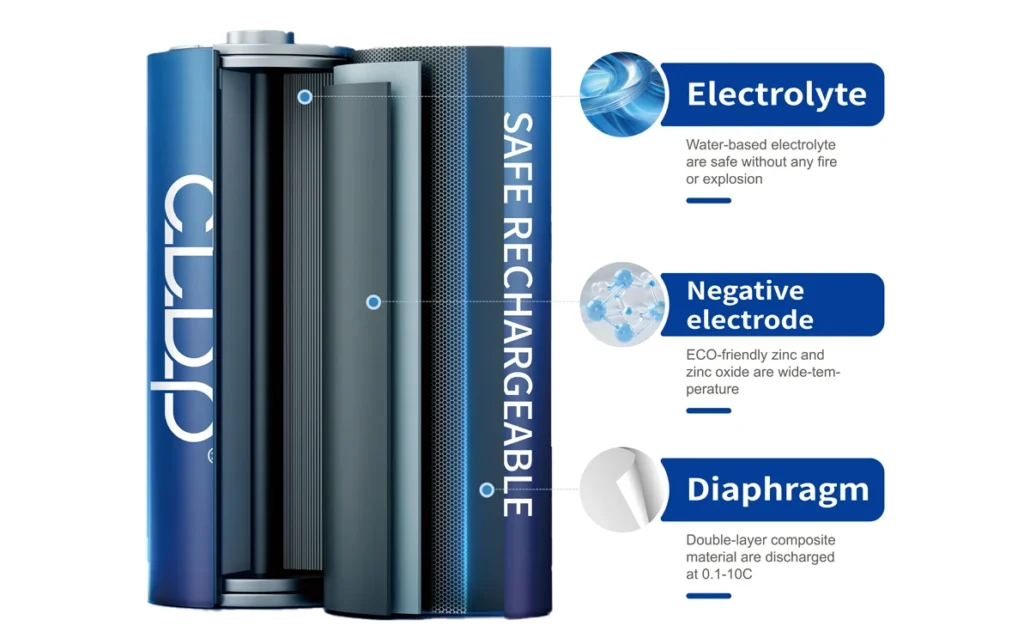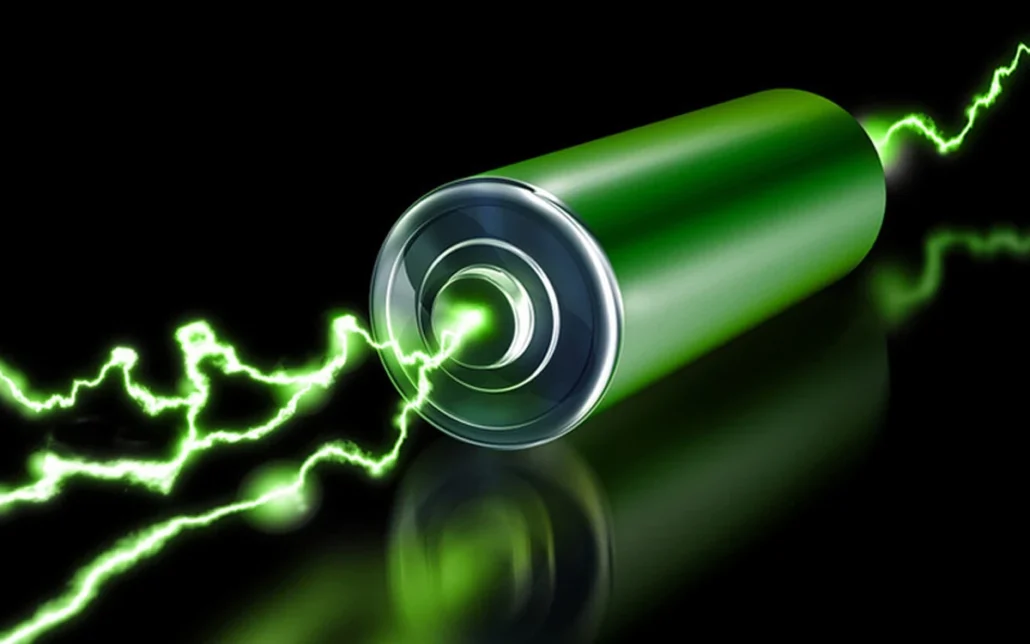Alkaline batteries and carbon batteries (also known as zinc carbon batteries) are two common types of chemical batteries and are commonly used disposable batteries in daily life. Their main differences lie in the electrolyte materials used, performance characteristics, and application scenarios.

Different electrolytes
Alkaline batteries use alkaline potassium hydroxide (KOH) as the electrolyte. It can provide long-term stable and continuous power output.
Carbon based batteries use acidic ammonium chloride (NH4Cl) or zinc chloride (ZnCl2) solutions as electrolytes, which have stable chemical properties but are not long-lasting.
Energy density
The energy density of alkaline batteries is higher, which means that under the same volume and weight, alkaline batteries can provide more electricity. This is also the reason why alkaline batteries last longer than carbon batteries.
Discharge characteristics
Alkaline batteries have a more stable voltage throughout the entire discharge process. And it performs better during high current discharge.
The discharge curve of carbon based batteries usually decreases faster, especially under high current discharge conditions.
Shelf life
Alkaline batteries have a longer shelf life and can maintain their power for a longer period of time when not in use.
Carbon based batteries have a shorter shelf life and a higher self discharge rate over time, resulting in faster capacity loss.
Cost
Generally speaking, carbon based batteries have lower costs, while alkaline batteries have relatively higher costs due to material and technological reasons.
Environmental impact
Carbon based batteries contain heavy metals and cause significant environmental pollution. The main components of alkaline batteries are zinc and manganese dioxide, which do not contain harmful metals such as mercury and cadmium, and can be treated as dry waste.
Applicable scenarios
Because alkaline batteries have better performance, they are more suitable for devices that require long-term operation or high power output, such as cameras, flashlights, etc.
Carbon based batteries are commonly used in low-power devices such as remote controls, clocks, etc.
Nowadays, people are paying more and more attention to environmental protection, and the use of heavily polluting carbon batteries is also decreasing. And with the increasing demand for batteries in electrical appliances, alkaline batteries and rechargeable batteries have been widely used in daily life.




